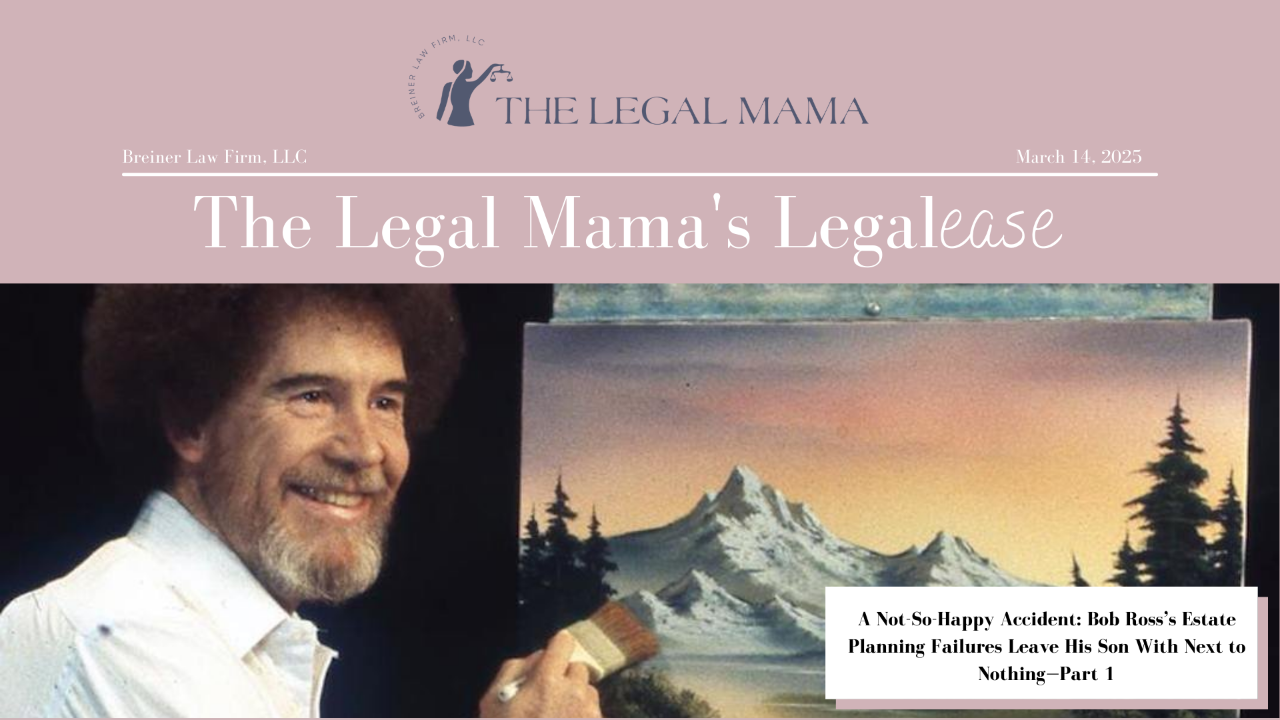What’s new in the blog?
..............
Categories
All Categories 2023 401(k) additional support planning adoption adult children adults aging aging parents asset protection asset tracking avoid court and conflict avoid probate babysitters beneficiaries birth blended family business business planning business start-up capital gains taxes care celebrities celebrity horror story children college college planning conservatorship consider cost cost of dying court covid creditors crypto planning cryptocurrency cryptoverse cta death digital assets dispute divorce diy education education trusts educational elder abuse end of life entrepreneurs estate estate planning expectations facebook failures families family family disputes family home family planning family reunion famous people faq fiduciaries fiduciary responsibility finance financial planning first meeting funding generational wealth georgia gift giving grandkids grandparent gifts grandparents guardian guide guardianship healthcare directives heirlooms help hipaa holidays home ownership how are we different? how do you know what's right for you incapacity inheritance insurance intellectual property intergenerational wealth investments ira journaling judgments keep your family out of court and conflict keepsakes kids kids protection plan law of attraction learn something new legacy legal mama family legalese lgbtq life and legacy planning life insurance lifetime living wills marriage medical rights minnesota minor children mistakes money natural disaster natural disaster protection new year nfts now parents pass down love passing down paying for college personal family lawyer pets planning planning failures postdeath power of attorney prepare probate protect your assets protect your family protection q&a questions retirement reunion same-sex couples sarah's plan saving for college security social media special needs child special needs planning special needs trust strategies student loans take control tax taxes the legal mama things to know travel trust trust planning trustees trusts unity update vacation volunteering wills wishes women lawyers women run business young people





